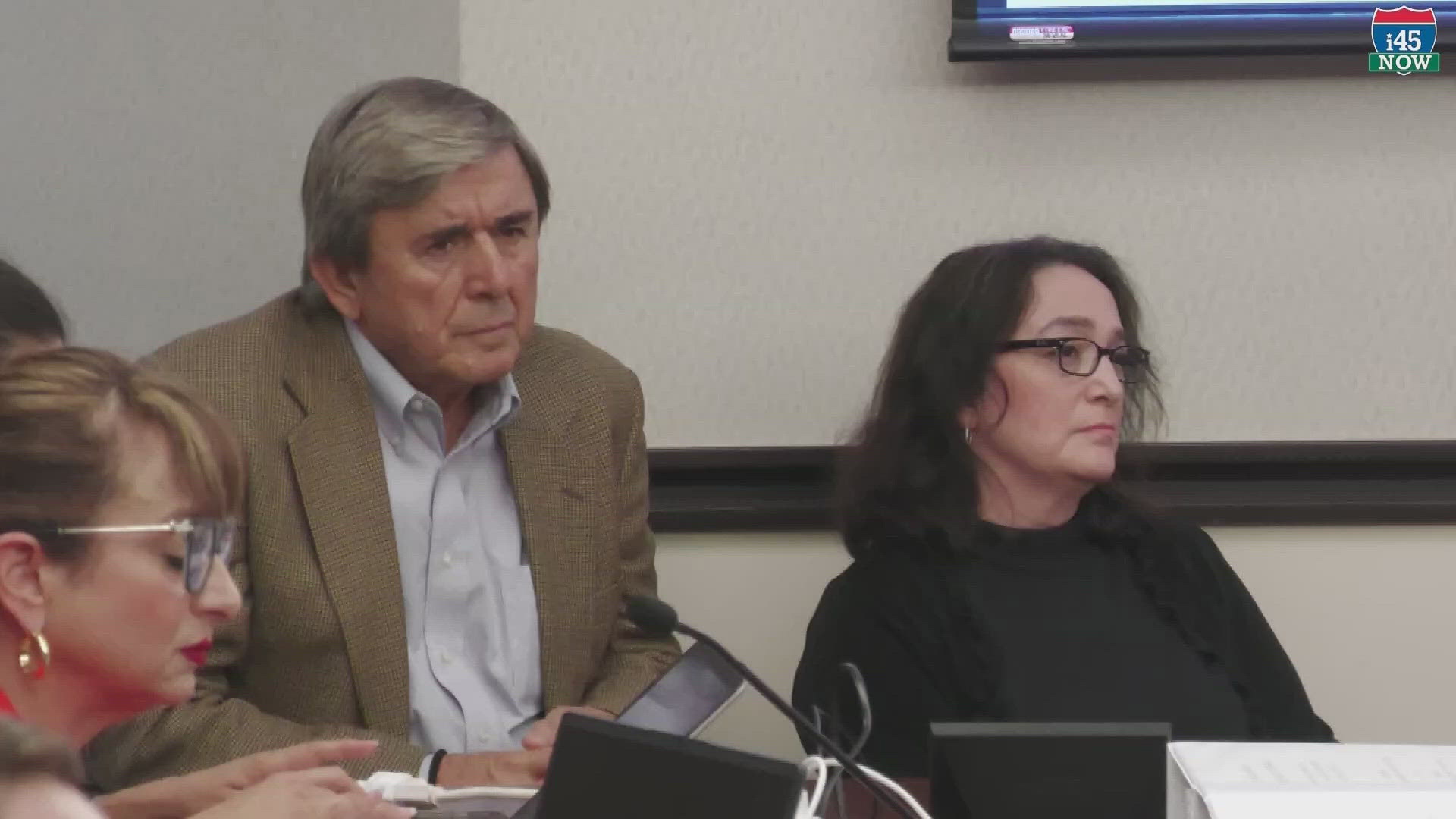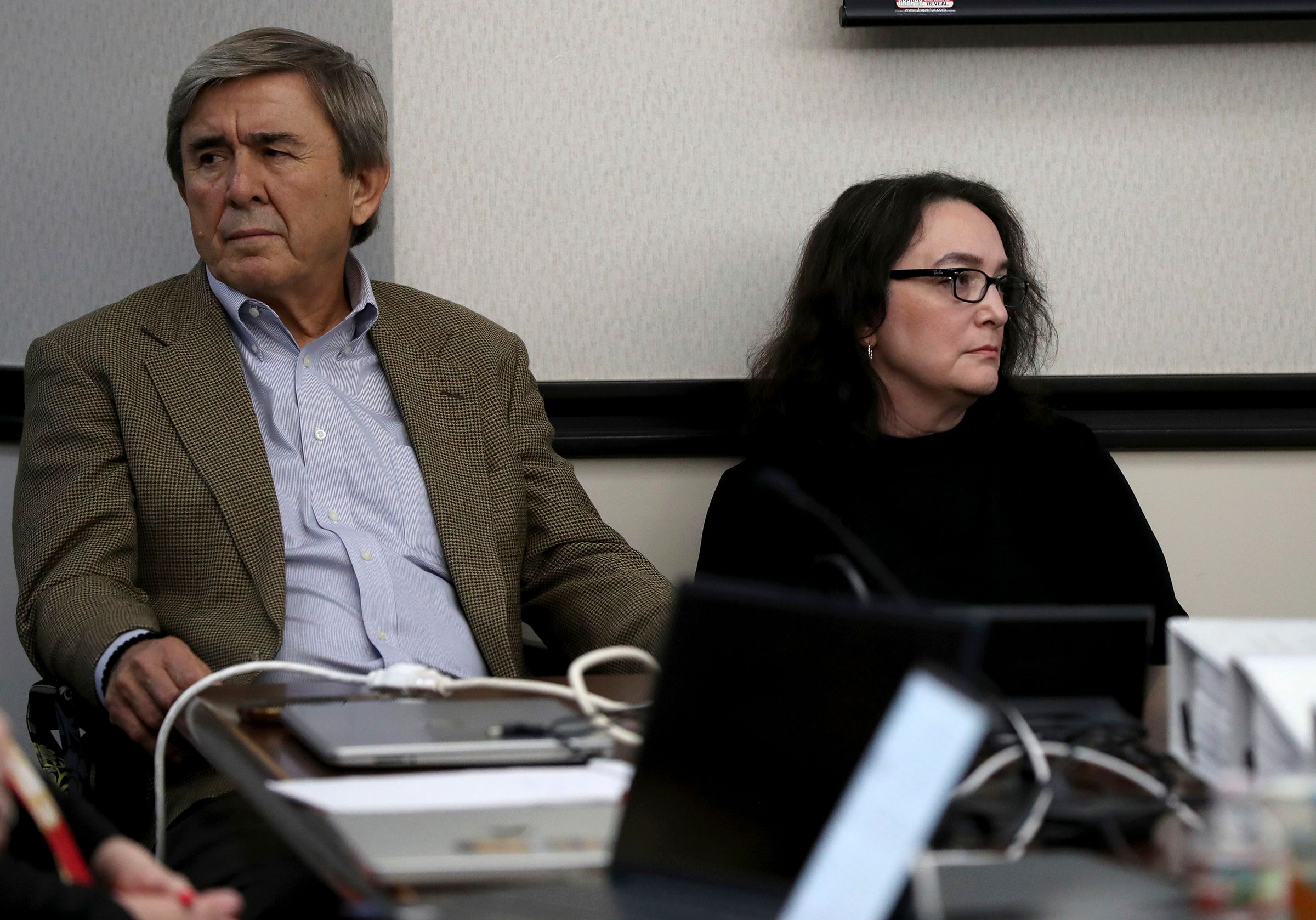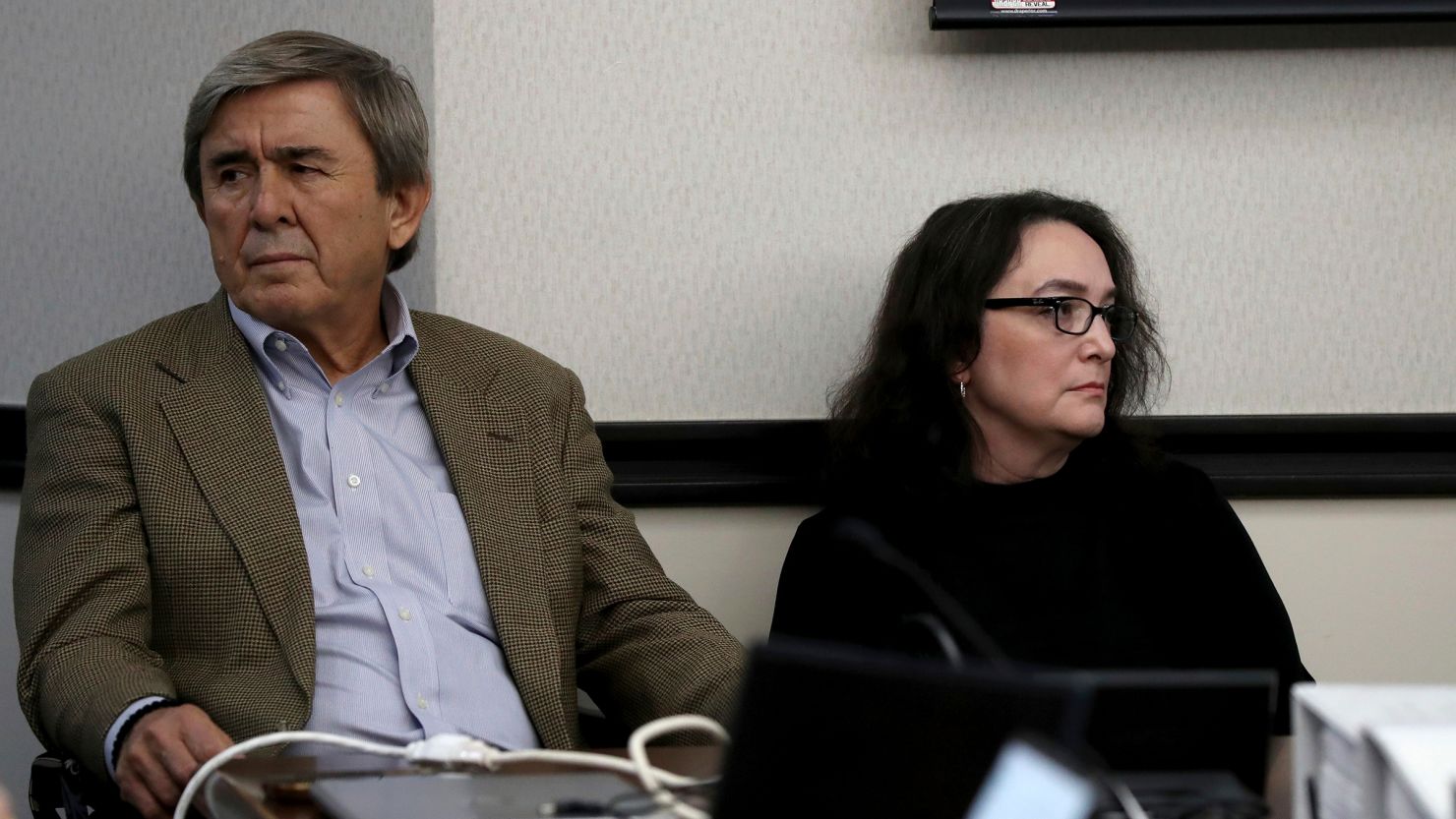Nearly 24 hours have passed since a jury decided that the parents of the accused Santa Fe High School shooter would not be held financially liable for the tragic 2018 mass shooting that claimed the lives of 10 people and left 13 others injured. As the families of the victims grapple with the verdict, they are left to confront the harsh reality that justice, as they envisioned it, may never come.

A Search for Accountability That Remains Elusive
For six long years, the families of those who perished in the Santa Fe High School shooting have sought accountability, hoping to find some measure of justice. Rosie Yanas, whose 17-year-old son, Chris Stone, was among the victims, shared her profound grief, stating, “I lived on hope for many years, and it wasn’t until this trial that I’ve come to terms with that we’re just never going to hold the person accountable who pulled the trigger.” The accused shooter, Dimitrios Pagourtzis, has been deemed incompetent to stand trial, effectively closing the door on a criminal trial that could have offered the families some semblance of justice. With the jury’s recent decision, the families now know that his parents, too, will not be held liable for the tragedy that took their children’s lives.
The Verdict: Parents Cleared, But Questions Remain
After a day of deliberation, the jury in the civil trial attributed 80% of the blame to the then 17-year-old shooter and 20% to the online retailer from which he purchased ammunition. Despite awarding the victims’ families hundreds of millions of dollars, the practical outcome offers little solace. The ammunition company is shielded by a civil settlement, and the accused shooter, who remains in a mental health facility, has no assets to pay any compensation.
Gail McLeod, whose 15-year-old son Kyle was killed, voiced her disappointment, stating, “The money was never anything that I had signed up for; that wasn’t important to me. I wanted the parents to be held responsible.” Like many other grieving parents, McLeod saw the trial as an opportunity to set a precedent that could encourage parents to be more vigilant about the mental health of their children and prevent future tragedies. A juror later revealed that most jurors felt the accused shooter’s parents had done all they could reasonably do. However, for parents like Yanas, this conclusion is difficult to accept. “It’s crazy for me to even think these kinds of thoughts because I feel like I’m making excuses for my son’s killer’s family,” Yanas admitted, struggling with the emotions stirred by the trial.
Grieving Families Reflect on Unanswered Questions
This case was one of the first in the nation to attempt to hold parents financially accountable for their child’s role in a school shooting. The families hoped that a different verdict could have spurred meaningful change. “At the end of the day, I believe now the jury has blood on their hands if another school shooting happens,” Yanas said, expressing her frustration and belief that a significant opportunity for change was missed.
Throughout the three-week trial, victims’ families were forced to relive the horrors of that day, revisiting police interviews and the journal entries of the accused shooter. The jury’s verdict, for many, feels like another painful blow in their ongoing journey of grief.

Despite the outcome, the families acknowledge that no verdict could ever erase their pain. “I just miss him every day,” McLeod said, reflecting on the loss of her son. “It’s a never-ending process… You’re never going to get over it.” In the face of unimaginable loss, Yanas finds herself searching for purpose, saying, “He was a hero that day, and I don’t know what my plan is, but maybe here on earth, I’m supposed to be somebody else’s hero and change more laws for the future.”
